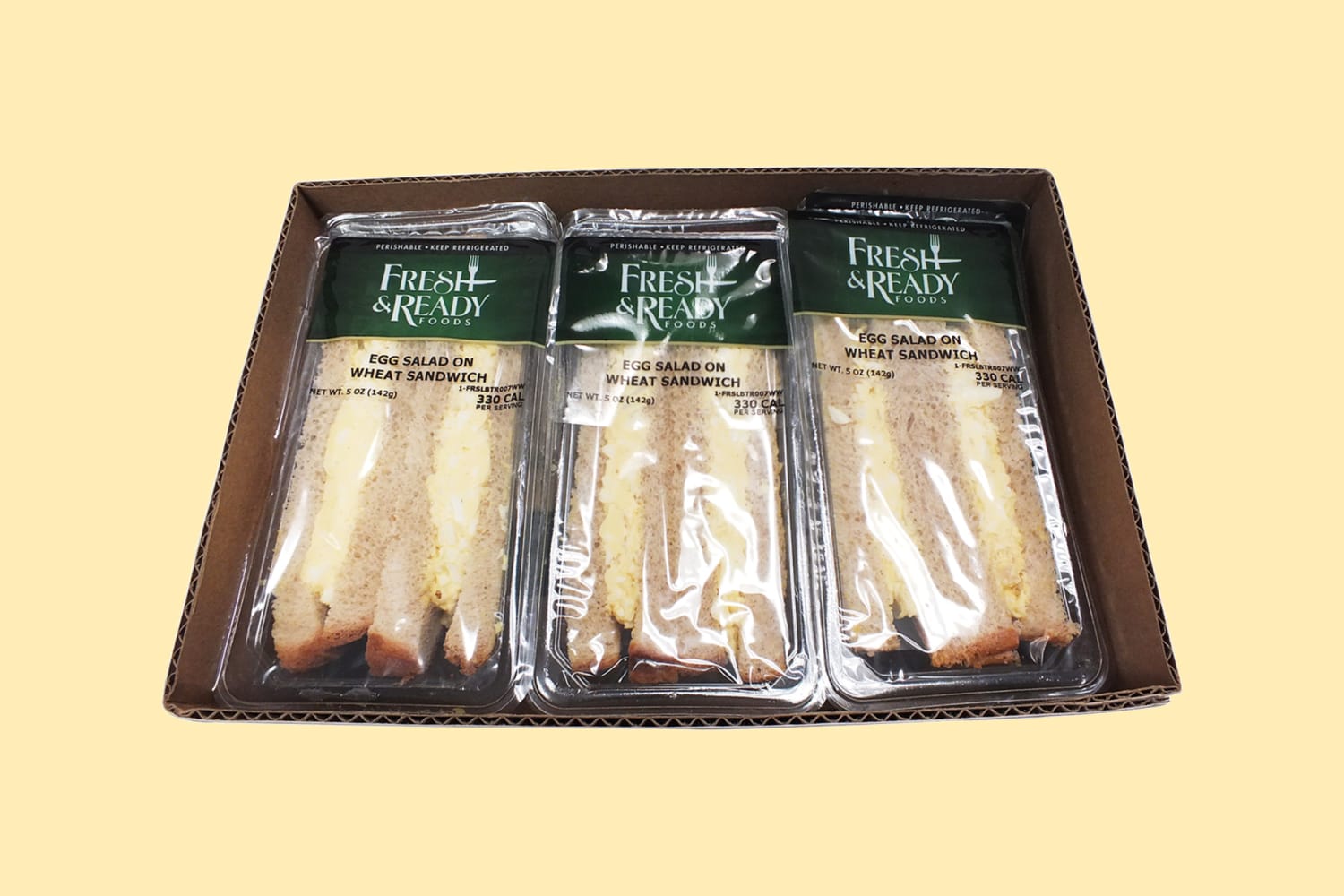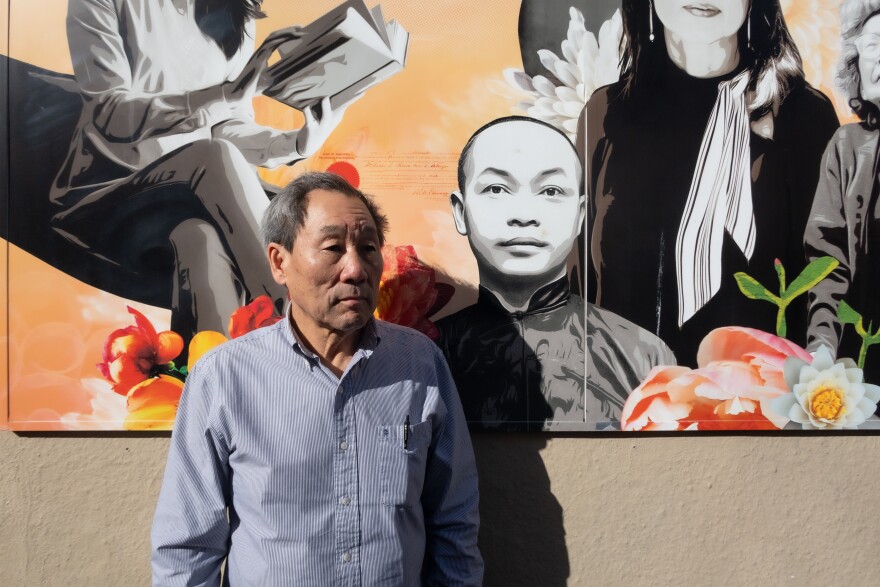Executive Summary
- The Supreme Court is revisiting birthright citizenship, potentially impacting children of undocumented immigrants.
- Wong Kim Ark's 1898 Supreme Court victory established birthright citizenship based on the 14th Amendment.
- Legal experts warn of dire consequences, including deportation and loss of benefits, if birthright citizenship is curtailed.
Event Overview
The Supreme Court is hearing arguments that challenge birthright citizenship, a right established by the landmark 1898 Supreme Court case of Wong Kim Ark. This case affirmed that anyone born in the U.S. is a citizen, regardless of their parents' immigration status, based on the 14th Amendment. Now, this right is being challenged by an executive order seeking to deny citizenship to children of undocumented immigrants, leading to concerns about the potential impact on these children's lives and future.
Media Coverage Comparison
| Source | Key Angle / Focus | Unique Details Mentioned | Tone |
|---|---|---|---|
| LAist | Challenges to birthright citizenship and the legacy of Wong Kim Ark. | Includes quotes from Norman Wong, a relative of Wong Kim Ark, and Amanda Frost, a law professor. Mentions the potential deportation of children if the executive order takes effect. Provides historical context of Chinese immigration and the Chinese Exclusion Act. | Informative and concerned. |
Key Details & Data Points
- What: The Supreme Court is hearing arguments that challenge birthright citizenship in the U.S., potentially overturning the precedent set by Wong Kim Ark's case.
- Who: Wong Kim Ark, President Donald Trump, Norman Wong, Amanda Frost, Robert Chang, Chinese immigrants, children of undocumented immigrants.
- When: The Supreme Court hearing is this week (implied early May 2025). Wong Kim Ark's case was in the 1890s, with the Supreme Court ruling in 1898. The 14th Amendment was adopted in 1868. The Chinese Exclusion Act was in 1882.
- Where: United States, specifically San Francisco's Chinatown, Washington D.C. (Supreme Court), El Paso, Texas.
Key Statistics:
- Key statistic 1: 6-2 (Supreme Court vote in favor of Wong Kim Ark)
- Key statistic 2: 1868 (Year the 14th Amendment was adopted)
- Key statistic 3: 1882 (Year of the Chinese Exclusion Act)
Analysis & Context
The article highlights the ongoing debate surrounding birthright citizenship in the U.S., tracing its roots back to the landmark Supreme Court case of Wong Kim Ark. The challenge to this established right raises fundamental questions about who is considered an American and the potential consequences for children born to undocumented immigrants. The article emphasizes the historical context of anti-Chinese sentiment and the importance of the 14th Amendment in guaranteeing equal rights.
Notable Quotes
Are they going to be stateless? We can't have that. They're not my children, but in a sense, we should embrace them and think of them as our children, as Americans.
It does have to do with the central question of what does it mean to be an American? Who do we accept as an American?
It’s the age-old immigration story of our nation.
Conclusion
The Supreme Court's consideration of challenges to birthright citizenship underscores the enduring relevance of Wong Kim Ark's legacy. The outcome of this legal battle will have significant implications for children born to undocumented immigrants and will shape the future of immigration law in the U.S. The debate highlights the ongoing tension between nativist sentiments and the constitutional guarantee of equal rights for all people born within the nation's borders.
Disclaimer: This article was generated by an AI system that synthesizes information from multiple news sources. While efforts are made to ensure accuracy and objectivity, reporting nuances, potential biases, or errors from original sources may be reflected. The information presented here is for informational purposes and should be verified with primary sources, especially for critical decisions.










